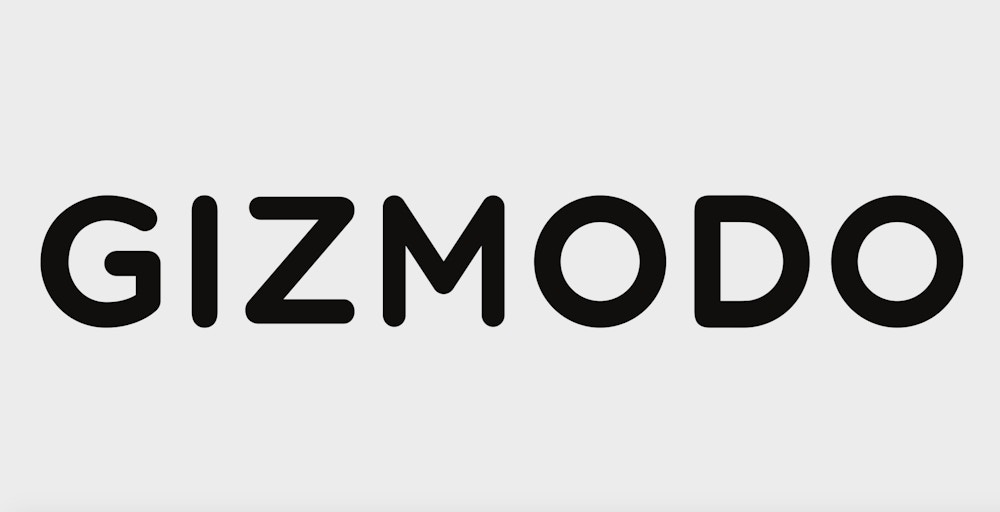Read the full Gizmodo article here.
Security experts are tracking a range of new threats incidentally linked to the coronavirus that’s killed no fewer than 44,216 people worldwide. Where most see despair, some cyber criminals see opportunity.
Online, criminals are working to take advantage of the shocking changes to daily life thrust onto entire populations now forced to work from home—or sitting there idly nursing an insatiable craving for new information about the illness and its impact.
Dallas-area security firm Securonix said Tuesday its researchers were following malicious hackers working a number of coronavirus-related angles, including the use of weaponized covid-19 related documents in attacks on critical healthcare operations. It’s also seen a rise in attempts to capture security credentials from the world’s now-remotely employed workforce.
Researchers have seen crypto-ransomware disguised as a covid-19 “situation report” being widely circulated by email. After the coronavirus-themed document is opened, the user is presented with a demand for 0.35 Bitcoin ($2,270, at the time of writing) to unlock their files.
The rise in coronavirus-related attacks began in earnest around the beginning of last month. Forbes reported on March 12 a range of malicious domains had been quickly established and that phishing attempts referencing “COVID-19” were growing. Read more.
Learn more about Securonix.
